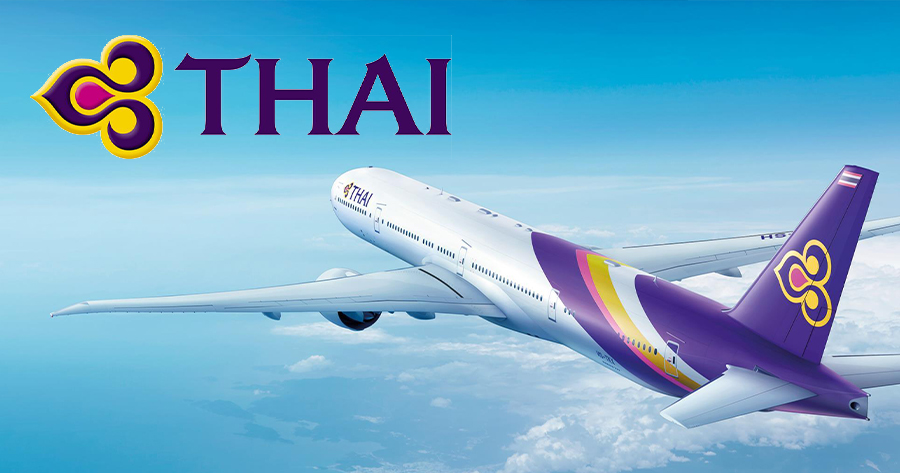Mrs. Cherdchome Therdsteerasukdi, Chief of Finance & Accounting of Thai Airways International Public Company Limited (SET: THAI), stated that regarding the interim dividend payment, the company had adjusted its capital structure by reducing par value to offset accumulated accounting losses of about THB 100 billion and turn into retained earnings. Therefore, the company needs to review whether it has an opportunity to make an interim dividend payment.
Regarding the appreciation of the Thai baht, THAI stated that such developments could affect its revenue, which the company mostly receives in foreign currencies. However, it also supports the cost in which the company primarily pays in USD, such as the cost of maintenance, leasing aircraft, and fuel. With the Thai baht strengthening, the costs are expected to reduce. Furthermore, this year, the company has considered implementing jet fuel price hedging for a period of 12 months, covering no more than 30% of its annual consumption. Currently, the fuel price has not surpassed that level yet.
Regarding THAI’s performance in the second quarter (April – June), which is the low season period, the company has successfully maintained its growth significantly, generating a revenue of THB 44.82 billion, a 1.9% increase YoY, and operating profit (excluding non-recurring items) of THB 6.78 billion, a 501.2% increase YoY. This was mainly attributed to a THB 4.98 billion gain recognized from an accounting adjustment, as four Boeing B777-300ER aircraft contracts were converted from leases to direct purchases following the cancellation of the original leasing agreements.
As for the performance in the first half of the year (January – June), THAI generated a revenue of THB 96.45 billion, a 7.2% increase YoY, and a net profit of THB 21.95 billion, a 708.4% increase YoY. Mrs. Cherdchome added that this year, the company plans to have a cabin factor of 78 – 80% and an EBITDA margin of 21 – 24%, with the figures averaging at 80.2% and 22.5%, respectively, during the first half of the year.
Mr. Chai Eamsiri, Chief Executive Officer of THAI, stated that the reason the company switched from leasing to purchasing the aircraft is due to the fact that for about ten years, the company has been leasing those four B777-300ERs. The company has maintained them well, allowing them to be used for long-term service. Additionally, the company also sees value in these aircraft as their wide bodies are the type of aircraft the company uses for flights to Europe, a primary flight route that generated 35% of the company’s total revenue.
The shift helped the company generate a profit of THB 4.98 billion. When THAI was leasing these aircraft, it had to make a provision for maintenance costs since, according to the agreement, the company must repair the aircraft by itself. This is to assure confidence to the lessor in the company’s maintenance capability. By cancelling the leasing contract, this provision is converted into profits.
Additionally, THAI has successfully sold all six decommissioned A380 aircraft. The sale was part of a broader disposal of 18 decommissioned aircraft, which included six A380s, six Boeing 777-200s, and six Boeing 777-300s. The sales agreements for all these aircraft have been duly signed.





